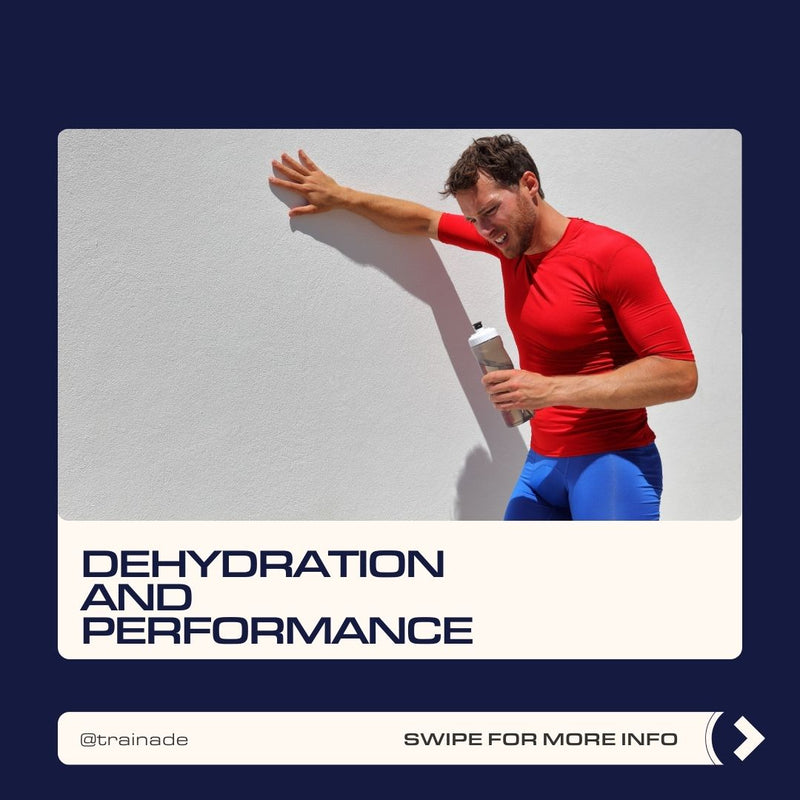Written by Damien Cox – Accredited Practicing Dietitian
Okay, it’s time to exercise and we want to perform at maximal potential. We should know by now we need to be hydrated. But what happens if you’ve forgotten to drink water all day because you left your water bottle at home and you’ve got a 2hr ride this afternoon. Can you drink all your fluid in the next 30 minutes? Not advisable.
When is it too late to hydrate? Lets find out
Ideally hydrating several hours prior to exercise is going to beneficial for a few reasons.
The goal of prehydrating is so that the body is starting exercise in a hydrated state and with normal electrolyte levels [1]. Starting exercise in a dehydrated state can lead to further dehydration and can have serious health outcomes [2]. By trying to aggressively hyperhydrate (hydrate rapidly) in small window could potentially cause some problems such as: [1,3]
- Potential to cause GI upset ie vomiting
- Hyponatremia (low salt levels in the blood, a very serious health problem that can cause death)
- Having to constantly go to the toilet during exercise
- Lower body temperature
The research shows that ideally hydrating slowly leading up to exercise is the best way to go. This is going to minimise Gi upset, lower the risk of hyponatremia, and allow blood serum levels and urine output to return to normal by the time exercise occurs [1,4]. Drinking 5-7ml/kg per body weight four hours before exercise should allow for an appropriate rehydration strategy.
For example, if someone weights 65kg they should be trying to drink 325-455ml within four hours of exercise [1]. These ranges should not be used for high intensity and exercise at a prolonged duration. A well thought out and planned hydration strategy should be adopted by a qualified nutrition professional for those participating in such.
Some foods also contain high amounts of water. Consuming foods that are higher in water ie fruit and vegetables can contribute to your overall fluid intake.
For example, pasta 66%, apples and apricots 86%, milk 89%, lettuce 96%.
In the case of prehydrating and knowing time is of the essence, consuming foods with a higher salt content can help with water retention and ensuring electrolyte balance [5]
Ideally start the hydration process as early as possible to reduce the stress on the body and the mind. The last thing that is needed before race day is trying to chug down 2L of water, that is going to require a lot of trips to the toilet. Food will also contribute to the overall fluid consumption, and if that extra boost is needed consuming some higher salt foods + fluid can help with the hydration process.




